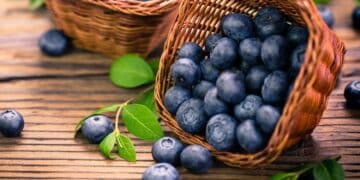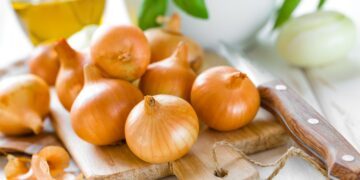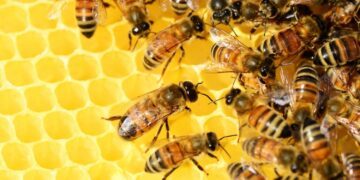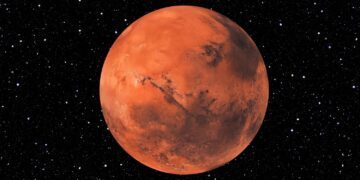
10 Brilliant Facts About Blueberries You Should Know
Native Americans revered blueberries as a sacred fruit, incorporating them into spiritual practices and medicinal uses.
Science and nature go hand in hand! Luckily for you, we have dozens of pages covering this huge topic, from space to food and even general health.
So choose your favorite topic between our selections and fill your mind with crazy facts!

Native Americans revered blueberries as a sacred fruit, incorporating them into spiritual practices and medicinal uses.

Arctic foxes are known to form lifelong bonds, sticking to one mate throughout their lives.

Studies show yoga slows the aging of the brain and also enhances mental health by reducing stress, anxiety, and depression.

Onions are popular in schools for teaching microscopy because their large cells are easy for students to observe.

In 2023, about 15 percent of adults in the United States, or roughly 39 million people, committed to participating in Dry January.

The oldest recorded New Year's resolution is from 1671, when author Anne Halkett committed to self-improvement in her diary.

Ancient Egyptians were the pioneers of hard candy, creating honey-based treats filled with nuts and fruit for extra flavor.

Winter is the cheapest season to buy a house, often presenting lower prices and less competition for buyers.

Wallace’s giant bee, the largest bee, can grow up to 1.54 inches long and has an impressive wingspan of 2.5 inches.

Saturn's rings are mostly ice, with particles varying in size from as tiny as a grain of dust to as large as a house.

All parts of the narcissus flower are toxic to humans and animals, as they contain a compound called lycorine.

Red Planet Day is celebrated every year on November 28 and honors NASA's Mariner 4 mission, the first successful flyby of Mars.